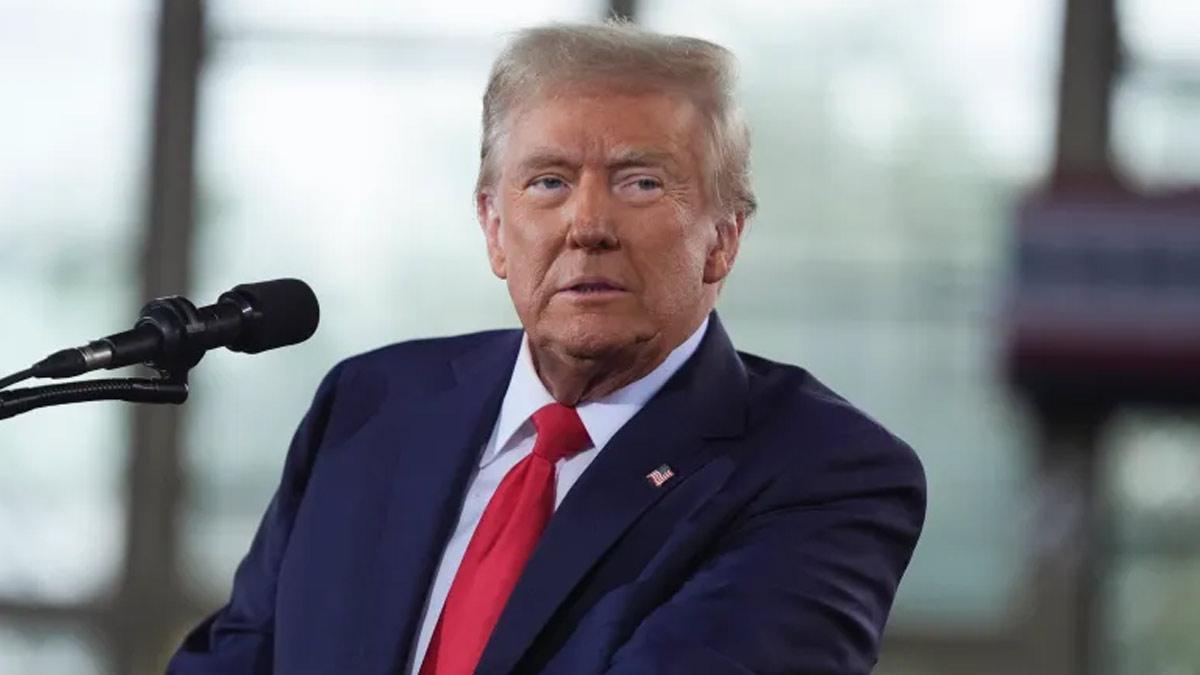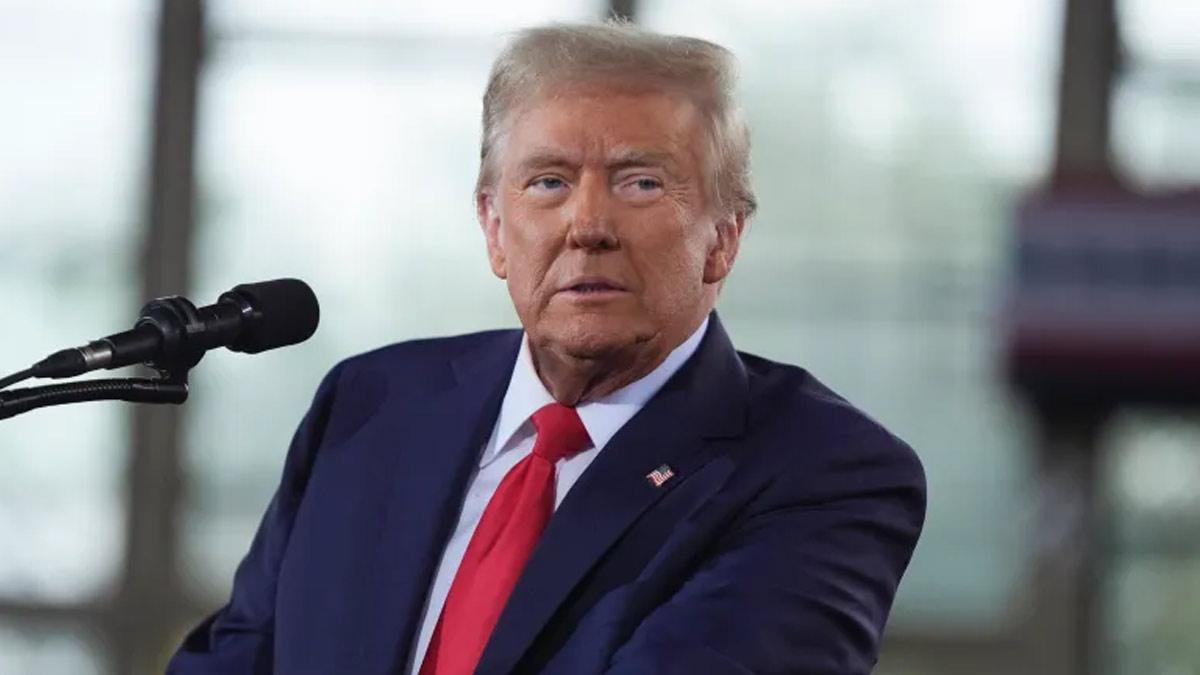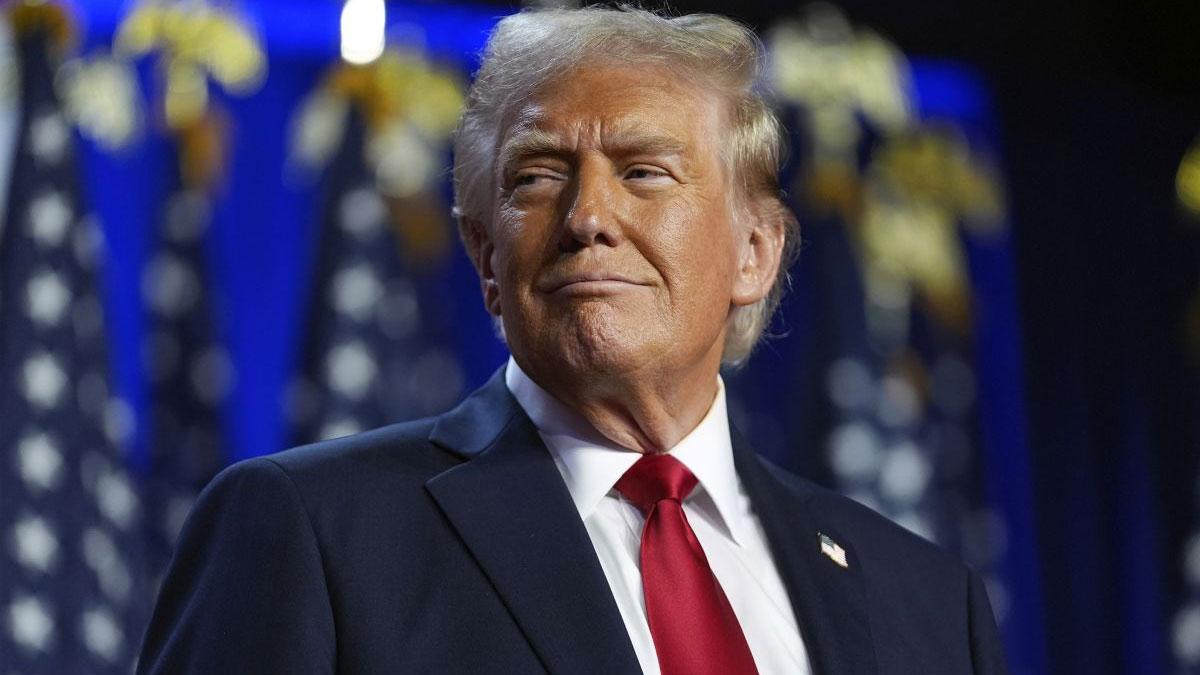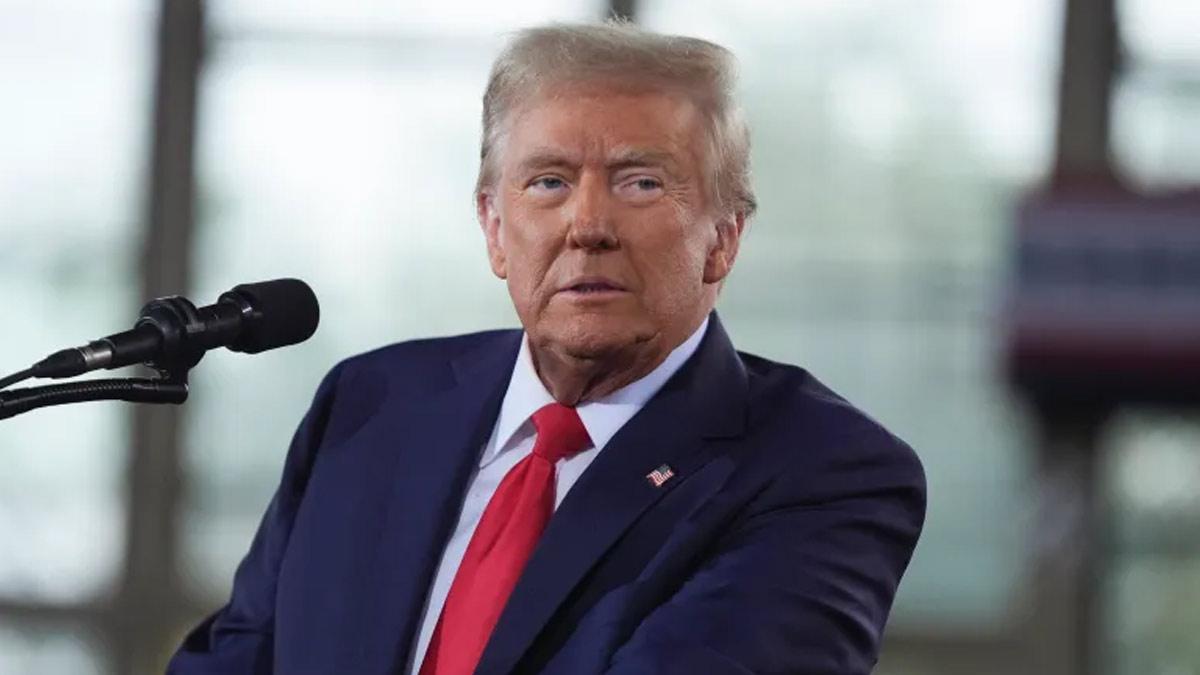The White House has declared that starting Wednesday, the United States will double tariffs on imported steel and aluminum, boosting its trade protection. The order, signed by President Donald Trump, will increase duties on both metals from 25 percent to 50 percent.
But British imports will still meet the initial 25 percent tariff while the two countries continue negotiations to agree on terms of duties and import quotas under their existing trade pact.
The presidential proclamation describes the increase in tariffs as intending to "more effectively counter foreign countries that continue to offload low-priced, excess steel and aluminum in the United States," a move claimed to undermine the competitive advantage of U.S. producers.
"Raising the previously imposed tariffs will better support these industries and cut or end the national security risk of imported steel and aluminum articles and their derivative articles," the order added.
Publicly, the president confirmed the move during a recent trip to a US Steel plant in Pennsylvania, where he spoke directly to plant employees.
"Nobody is going to be able to steal your industry," he asserted.
"At 25 percent, they can kind of climb over that fence. At 50 percent, they can no longer climb over the fence," he continued.
Although the administration presents the policy as necessary for safeguarding domestic production and national security, the move has caused fresh tension with major trade partners.
On the weekend, the European Union warned that it would resort to retaliatory action due to the tariff increase. EU officials accused the move of being poorly timed and uncoordinated and said it "undermines ongoing efforts to reach a negotiated solution" with the U.S.
This move comes after previous massive tariff proclamations by Trump since resuming office in January. Last month, a 10 percent tariff was imposed on a vast array of imports from several countries, with further increases aimed at many economies. Talks are continuing, but the temporary removal of increased tariffs expires in early July—ramping up the pressure to conclude trade deals.
Aside from steel and aluminum, the Trump administration has also introduced tariffs in other strategic areas, such as the automobile sector, causing turbulence in global financial markets and causing alarm for both allies and competitors.
Read also| Watch| Pakistan's 48-Hour Offensive Folded in 8 Hours: CDS Chauhan on Operation Sindoor
Read also| Trump Rejects Uranium Enrichment Under Iran Nuclear Deal: ‘Will Not Allow It’


















